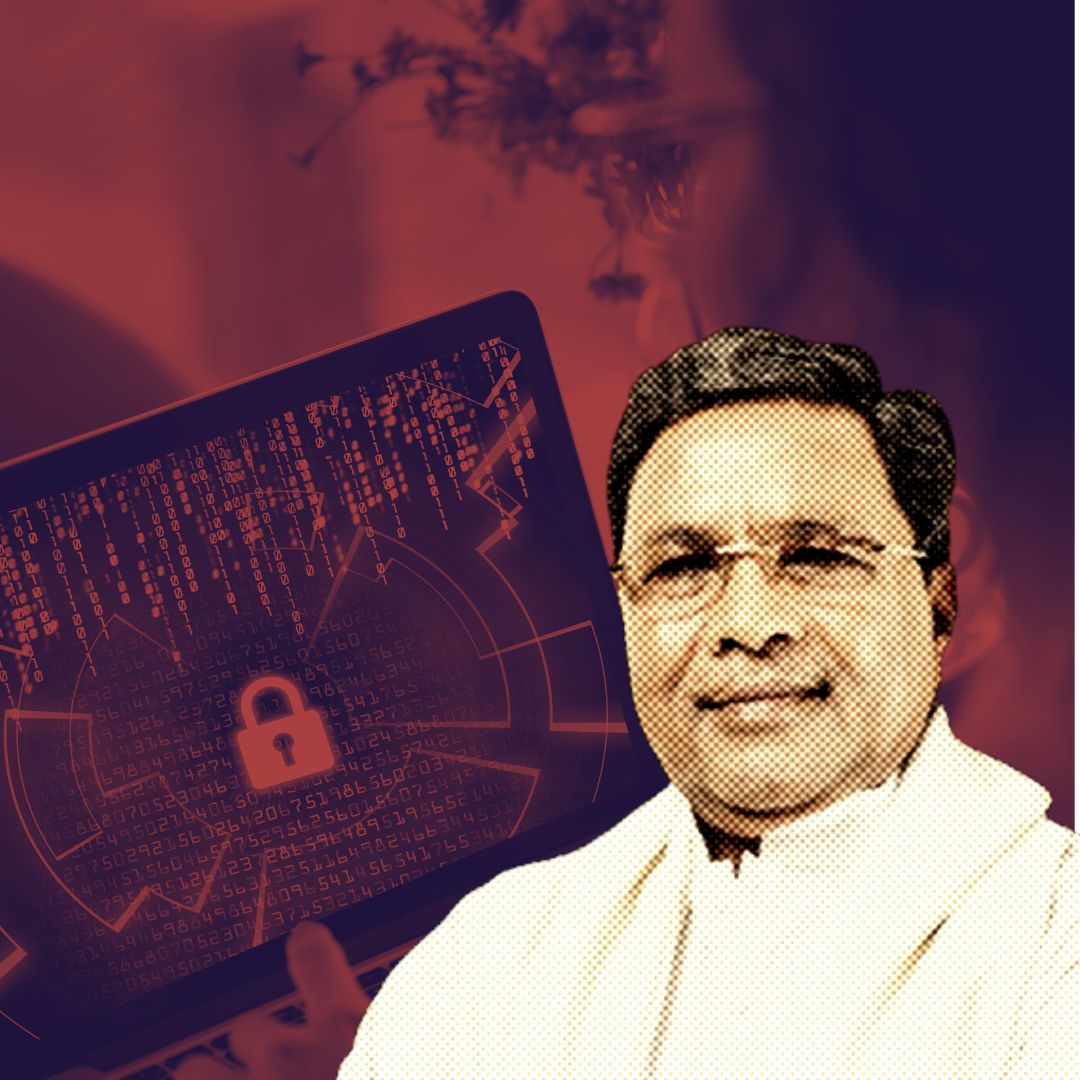Karnataka has taken a significant step towards responsible governance by establishing a dedicated Director General of Police (DGP) role for cybersecurity, making it the first state in India to do so. This initiative, part of the Cyber Security Policy 2024, allocates ₹103 crores over five years to enhance digital safety and promote ethical practices in technology. The government aims to empower individuals, particularly women, through training programs in cybersecurity, fostering a culture of sustainability and social responsibility in the digital realm.
Karnataka’s Commitment to Responsible Governance
The launch of Karnataka’s Cyber Security Policy 2024 reflects a growing awareness of the need for ethical practices in governance and technology. By creating a dedicated DGP role for cybersecurity, the state is not only addressing rising cyber threats but also setting a precedent for transparency and accountability in public service. This policy aims to build a robust cybersecurity ecosystem that involves collaboration among government entities, academia, and industry stakeholders, highlighting the importance of ethical decision-making in safeguarding citizens’ digital rights.
Expert Insights on Cybersecurity
Cybersecurity experts emphasize the importance of proactive measures in safeguarding personal and organizational data. Dr. Anjali Sharma, a leading cybersecurity analyst, advises individuals to regularly update their passwords and enable two-factor authentication on all accounts. “Cyber hygiene is crucial,” she states. “Being aware of phishing scams and using secure networks can significantly reduce the risk of cyber threats.” Such expert advice underscores the need for individuals to take an active role in protecting their digital identities.
Police Guidance for Community Safety
The Karnataka police have also issued guidelines to help citizens stay vigilant against cybercrime. A senior police official noted, “We encourage people to report any suspicious online activity immediately. Awareness is key; understanding how cybercriminals operate can help prevent many incidents.” The police are working to foster community engagement by organizing workshops and seminars on cybersecurity, aiming to educate citizens about potential threats and protective measures.
Background and Context
The rise in cybercrime has prompted a reevaluation of how states protect their citizens in an increasingly digital world. Karnataka’s proactive approach serves as an example for other states to follow, demonstrating that responsible governance can lead to positive social impacts. By focusing on skill development and community engagement through partnerships with organizations like Cisco, the state is promoting sustainable practices that align with the values of conscious consumerism—encouraging individuals to make informed choices about their digital interactions and security.
The Logical Indian’s Perspective
The Logical Indian applauds Karnataka’s initiative as a model for integrating ethical practices into governance. This move not only enhances cybersecurity but also empowers individuals and communities by prioritizing education and inclusivity. As consumers become more conscious of their choices, they should also consider how their digital safety is managed. How can other states adopt similar frameworks to ensure responsible governance while fostering a safe digital environment? We encourage readers to share their thoughts on this important topic.











